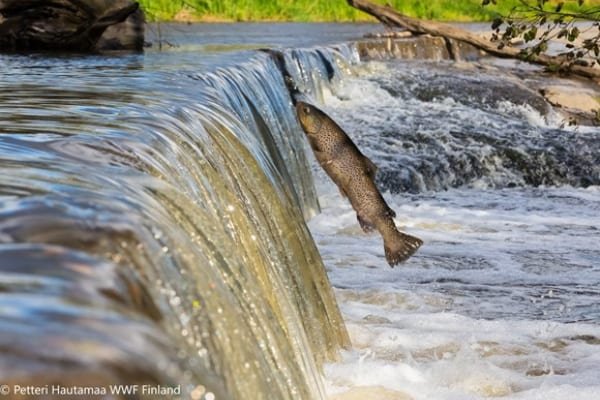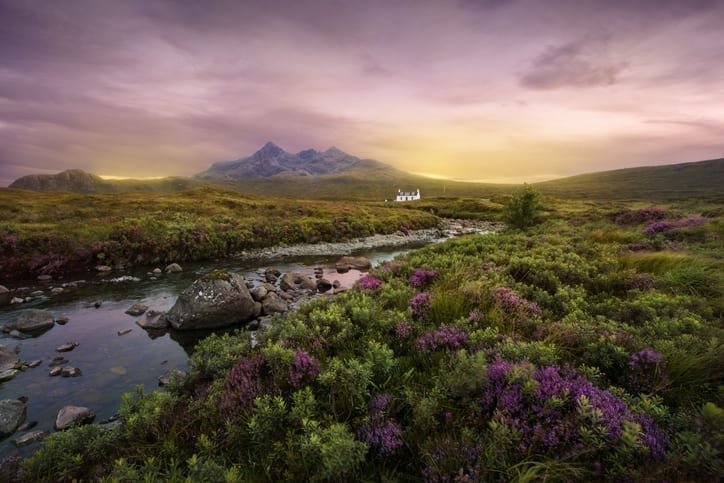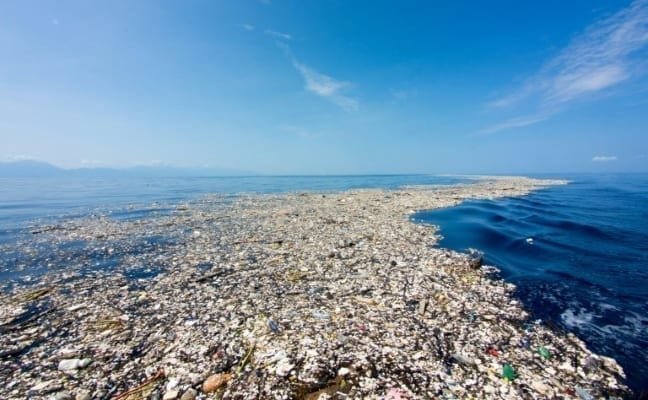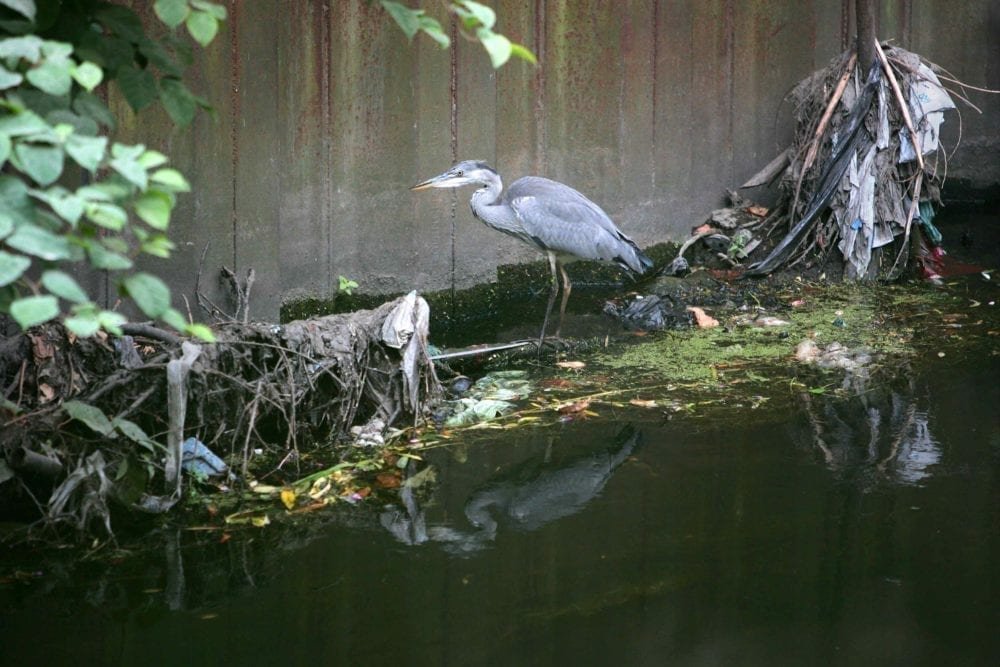Main image: Petteri Hautamaa WWF Finland
WWF has today (23 Feb) warned that the UK is ‘no exception’ when it comes to the loss of freshwater fish species, as a new report exposes the dire outlook for populations across the world.
According to World’s Forgotten Fishes, a report from 16 global conservation organisations, nearly one in three species is now threatened with extinction and global freshwater biodiversity is declining at twice the rate of that in oceans or forests.
The report reveals that populations of migratory freshwater fish have fallen by 76% since 1970, while mega-fish (fish weighing more than 30kg) have declined by a catastrophic 94%.
80 species of freshwater fish have been declared ‘extinct’ by the IUCN Red List of Threatened Species, including 16 in 2020.
UK’s freshwater habitats
In UK waters, burbot and sturgeon are already extinct, while salmon – the so-called King of Fish – has suffered significant declines since the 1960s, and the European eel remains critically endangered.
Much of that decline is driven by the poor state of freshwater habitats in parts of the UK, with just 14.6% of rivers in England achieving Good Ecological Status last year.
This is mostly due to agricultural pollution such as nitrates and phosphorous, physical modifications to waterbodies, such as dams, and sewage.
Data released by the Environment Agency in 2020 showed no English rivers met ‘chemical standards’ for water quality.
Surviving polluted waters
The new World’s Forgotten Fishes report details the extraordinary variety of freshwater fish species, with the latest discoveries taking the total to 18,075 – accounting for over half of all the world’s fish species and a quarter of all vertebrate species on Earth.
Around the world, freshwater fisheries provide the main source of protein for 200 million people across Asia, Africa and South America, as well as jobs and livelihoods for 60 million people.
 Play Video about This Rock Might Just Save The World
Play Video about This Rock Might Just Save The World Play Video about Play 2 hours of rock
Play Video about Play 2 hours of rock Play Video about Play 2 hours of brook
Play Video about Play 2 hours of brook Play Video about Play 2 hours of sheep
Play Video about Play 2 hours of sheep















































